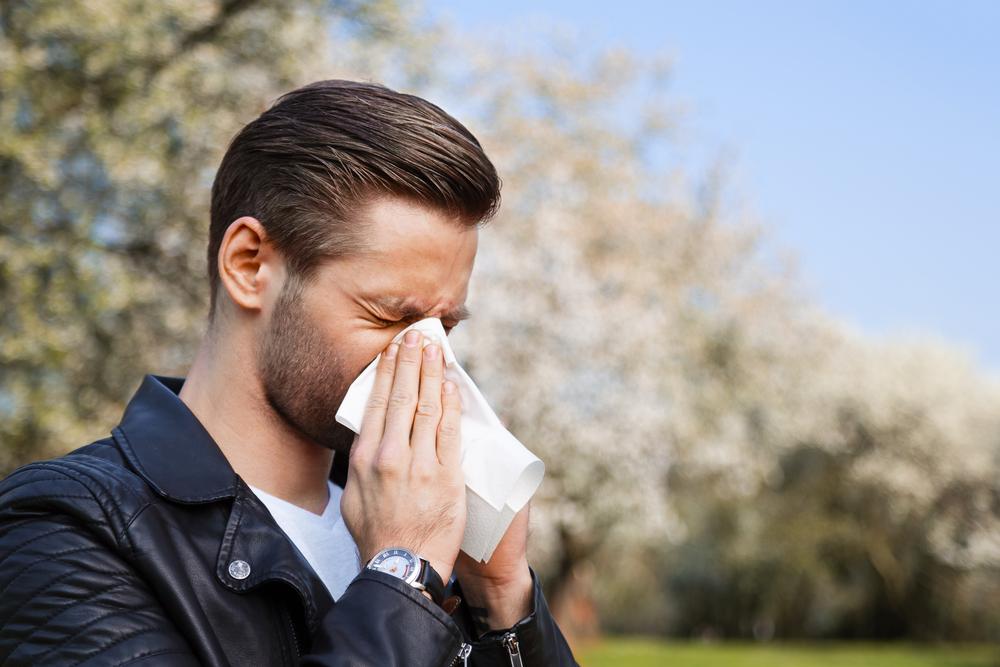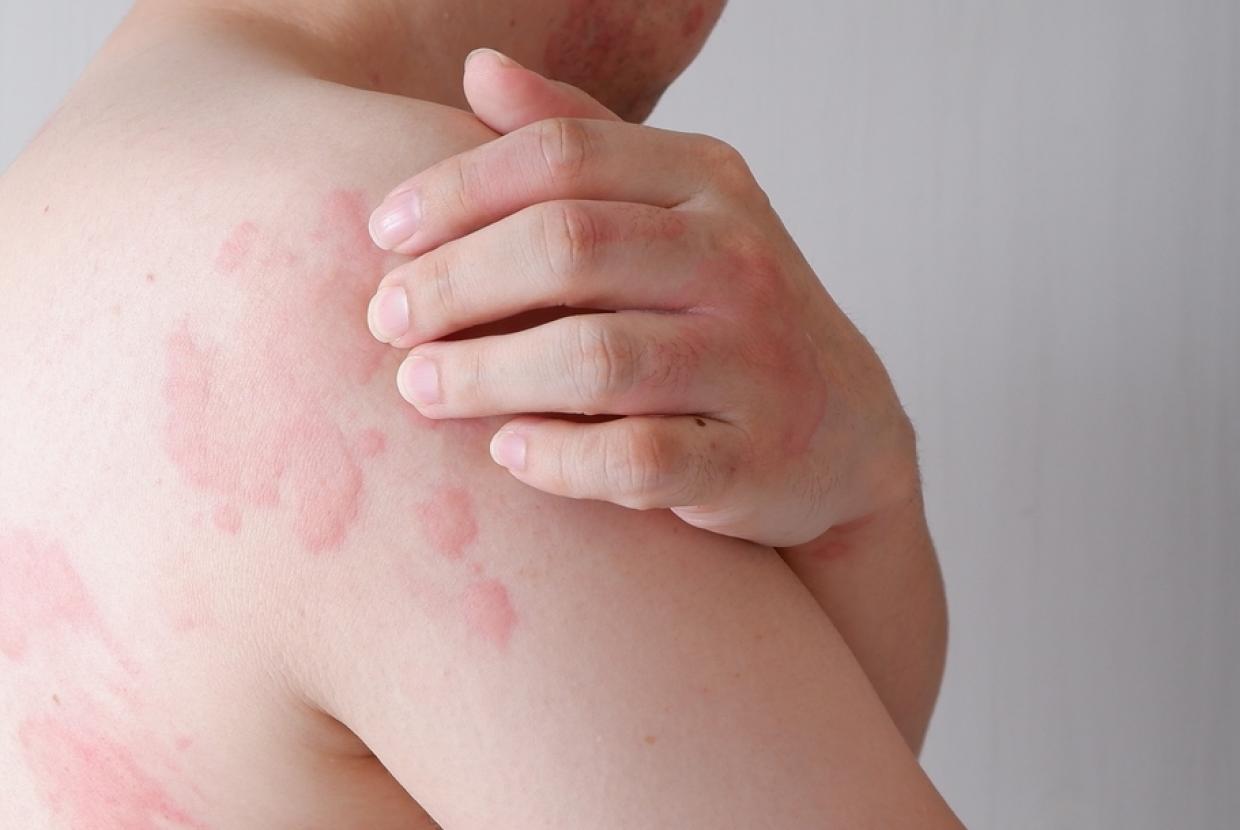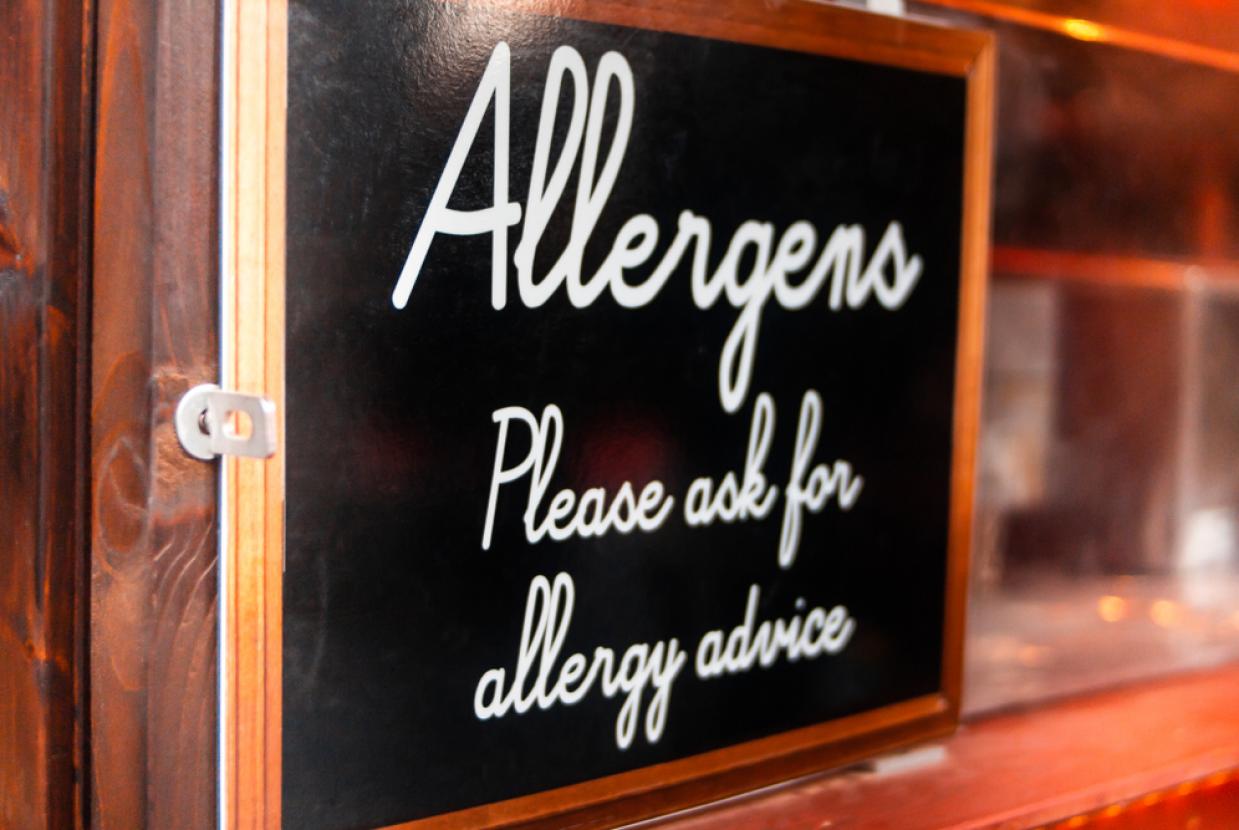Egg Allergy
Eggs are one of the most common foods to trigger allergic symptoms in babies and young children. Most children with an egg allergy will start to outgrow it by the time they go to school but in some it will persist into later childhood or in rare cases, adulthood. Egg allergy can occasionally develop in adult life.
Reactions to egg are usually triggered by the protein part of the egg (mainly in the egg white). Babies who have eczema are at an increased likelihood of developing an egg allergy. Having another type of food allergy for example to cow’s milk or a family history of allergy (atopy) also increases the risk.
Egg Allergic symptoms
Allergic reactions to egg can be mild, moderate or severe (anaphylaxis). There are certain things that affect how severe an allergic reaction may be, including the amount of egg eaten, and how well the egg was cooked.
Egg does not have to be eaten to cause an allergic reaction, coming into contact with eggshells or touching (raw) egg can cause allergic symptoms usually affecting just the skin in highly sensitive individuals.
Most reactions to egg are mild and symptoms are seen soon after eating egg or foods containing egg. Babies will often show reluctance or refuse to eat the egg. If egg comes into contact with the skin around the mouth it can cause a local reaction which is seen as a rash and may include redness and raised red bumps that are called hives.
Egg allergy and the diet
Some people with an egg allergy can eat egg that has been well cooked (for example egg as an ingredient in a cake) and will only develop allergic symptoms if they eat loosely cooked egg (for example scrambled egg) or raw egg (e.g. fresh mayonnaise or chocolate mousse). This is because the structure of the egg protein is changed by heat from cooking which makes it less likely to cause allergic symptoms. Around 80% of people with an egg allergy can tolerate a well baked egg in a cake.
Therefore not all people with an egg allergy need to avoid all forms of egg and this should be decided on an individual basis. It will depend on the severity of previous allergic reactions and the results of allergy testing. Your GP or allergy specialist should provide information on whether all forms of egg need to be avoided. In those who are allergic to well-cooked egg, the reactions may be severe and strict avoidance of all egg and egg containing foods is necessary.
Where children have had mild to moderate reactions to egg they may be asked to re-introduce egg into the diet at home. Children who have had a severe reaction to egg in the past should not be given egg at home in any form until advised by a health professional – and then this is usually only done in hospital under supervision as a well baked egg challenge test where staff are trained to recognise and treat symptoms of allergic reaction should it occur.
Egg allergy and vaccinations
The influenza (flu) and yellow fever vaccine are made by growing the vaccine in chicken eggs and small amounts of the protein can remain in the vaccine.
The flu vaccine is part of the UK immunisation schedule for babies over 6 months, adults over 65 and those considered to be at high risk including those with asthma requiring continuous use of inhaled or oral steroid treatment. Yellow fever is a travel vaccine given to those visiting high risk areas, so it is only required if traveling overseas to high risk areas.
Extra caution should be taken for those with a severe egg allergy that have required admission to intensive care for severe anaphylaxis to egg or have severe asthma or active wheezing or required recent oral steroids for their asthma -as it is possible to react to vaccines containing small amounts of egg protein (although this is very rare). In this case a referral to an allergy specialist for assessment on the risk versus benefit of receiving the flu vaccine to help decide whether the vaccine is needed and how and where the vaccine is to be given.





































